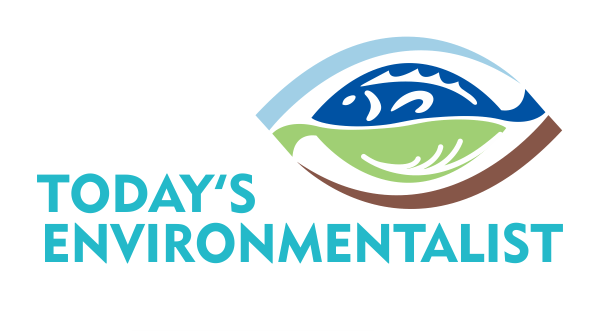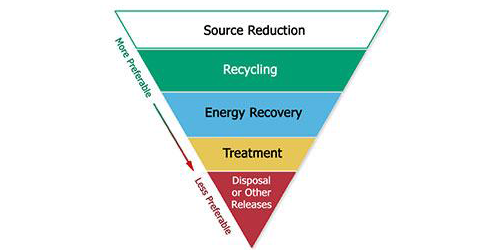- Value-retention practices such as re-manufacturing, refurbishment, repair, and direct re-use could cut industrial waste by between 80 and 99 per cent in some sectors.
- Greenhouse gas emissions could fall by 79 to 99 per cent across these sectors if value-retention practices were adopted.
- Embracing a circular economy can lead to new jobs and markets.
Re-thinking how we manufacture industrial products and deal with them at the end of their useful life could provide breakthrough environmental, social and economic benefits, according to new research from the International Resource Panel.
If products were re-manufactured, comprehensively re-furbished, repaired and directly re-used, the amount of new material needed could be significantly reduced – by 80-98 per cent for re-manufacturing, 82-99 per cent for comprehensive refurbishing, and 94-99 per cent for repair.
The report released at the World Circular Economy Forum today called Re-defining Value – The Manufacturing Revolution. Remanufacturing, Refurbishment, Repair and Direct Reuse in the Circular Economy, says the adoption of these “value-retention processes” could also reduce greenhouse gas emissions in some sectors by 79 to 99 per cent.
These sectors examined in the report are automotive parts, heavy-duty offload machinery (for example, diggers and excavators), and industrial printing equipment. But there is significant potential beyond these sectors for further reductions.
Today, two-thirds of us live in cities, draining nature of materials to build homes, schools, hospitals, roads, transport systems and factories. Urbanization, together with a growing middle-class, has increased demand for consumer goods. In the 20th century, we dug up, chopped down, drilled for or harvested 34 times more construction materials, 27 times more ore and minerals, 12 times more fossil fuels and 3.6 times more biomass than in the years before.
“We are using the planet’s resources at a faster rate than they can be replenished, while polluting our seas, air and countryside with the waste from our consumption habits,” Erik Solheim, Head of UN Environment said. “This report shows us how we can maintain economic growth while preserving our environment by changing our habits at an industrial level.”
Adopting value-retention processes is a win-win situation for governments, industry and customers. Governments would have less waste to deal with, generate green jobs, and stimulate economic growth; industry could lower production cost, avoid resource constraints on business growth, and open new market segments; and customers could benefit from lower prices for refurbished products.
Currently, re-manufacturing accounts for only 2 per cent of production in the United States, and 1.9 per cent in Europe, leaving ample opportunity to develop these markets.
While there is no one-size-fits-all approach, where pursued strategically and systematically, adoption of value-retention processes can accelerate a country’s move to a circular economy: pro increasing production, without increasing the negative environmental impacts.
NOTES TO EDITORS:
Download a copy of the report here: http://www.resourcepanel.org/reports/re-defining-value-manufacturing-revolution
The International Resource Panel has launched an open call for new members. Details here: http://www.resourcepanel.org/news-events/seeking-new-panel-members
About UN Environment
UN Environment is the leading global voice on the environment. It provides leadership and encourages partnership in caring for the environment by inspiring, informing, and enabling nations and peoples to improve their quality of life without compromising that of future generations. UN Environment works with governments, the private sector, the civil society and with other UN entities and international organizations across the world.
About the International Resource Panel
The International Resource Panel, a group of eminent experts, was set up by UN Environment in 2007. The Panel consists of eminent scientists, highly skilled in resource management issues. Their reports distil the latest scientific, technical and socio-economic findings around global resource use. http://www.resourcepanel.org/
For more information and to arrange interviews, please contact:
Keith Weller, UN Head of News and Media, Keith.Weller@un.org








